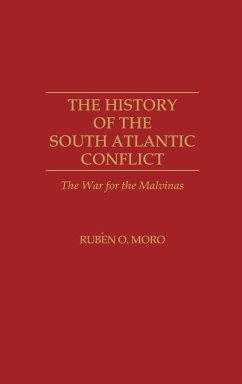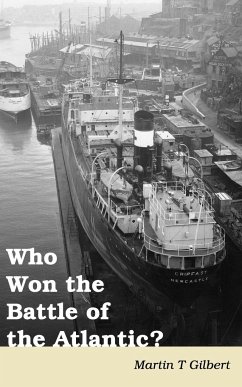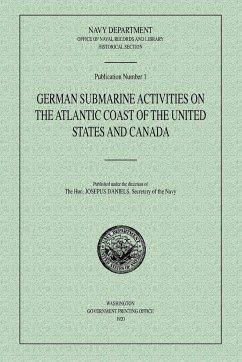An important contribution to the political science and military history literature, this is the first book to present the Argentinean side of the battle for the Malvinas (Falklands) in May 1982. The author, a senior official in the Argentine Air Force who took part in the conflict himself, uses a wealth of documents, including previously unreleased British intelligence data and records of conversations between the top authorities, to construct a comprehensive account of the political and diplomatic aspects of the war, as well as the day-by-day military operations in the South Atlantic. The author begins by examining the facts and circumstances that put Great Britain and Argentina on a collision course, paying particular attention to the points at which war could have been avoided. He goes on to provide a detailed account of events, such as the attempts by the United States to intervene, the deployment of forces, the battle of May 1, the sinking of the cruiser ARA General Belgrano and the subsequent sinking of the British destroyer HMS Sheffield, the battle of San Carlos, the fight for Darwin-Goose Green, the march to Fitz Roy and Mount Kent, and the last stand of Puerto Argentino. In addition to offering a full portrayal of the battles and conflicts themselves, Moro also provides a cogent analysis of the interaction of political and military events in modern conflict, a particularly valuable case study of U.S.-Latin American relations, and a fascinating examination of weapons systems in modern warfare. Moro takes issue with published British reports that treat the war as a discreet event that is now over, arguing that the conflict is not only still alive but also threatens both hemispheric peace and U.S. influence in Latin America.
Hinweis: Dieser Artikel kann nur an eine deutsche Lieferadresse ausgeliefert werden.
Hinweis: Dieser Artikel kann nur an eine deutsche Lieferadresse ausgeliefert werden.








